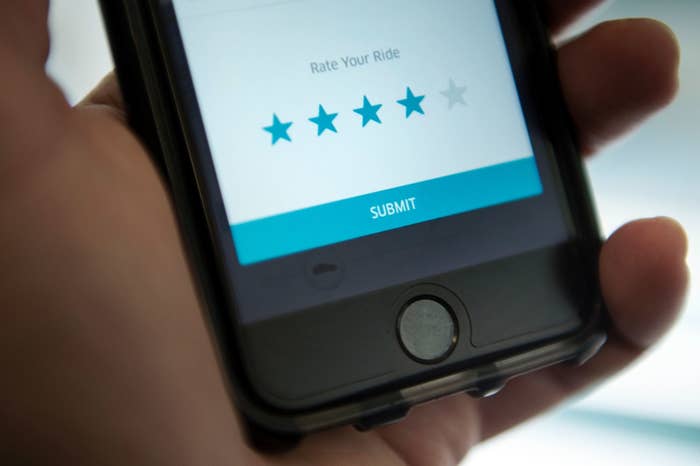
Uber riders in about a dozen cities are about to start paying extra if they make their drivers wait. The company announced today that customers will have to pay a fee in many of the cities it operates in if they make drivers wait for more than two minutes after arrival.
The ride-hailing company began piloting two-minute late fees in New York, New Jersey, Dallas, and Phoenix in April. The two-minute late charge policy will now expand to Houston and Portland, Oregon, among other cities (which Uber declined to name). Fees vary based on rates in each city.
Uber announced the late fee expansion along with several other measures geared toward improving the driver experience on Monday. The driver-friendly changes come amid several lawsuits from drivers who allege the company misclassified them as independent contractors rather than employees.
Uber drivers can now receive discounts of 15–18% for phone plans through Sprint, AT&T, and Verizon to compensate for the fact that they may use more data while the app is running. Drivers will also now be able to enter their own destinations to pick up riders traveling in the same direction, and pause requests while completing a final ride instead of having to cancel trips. Uber will also expand an instant pay option that allows drivers to cash out at any time across the U.S., after piloting the system in San Francisco and a few other cities.
In April, Uber agreed to pay $100 million to settle a class-action lawsuit over the classification of drivers who sued and argued they should be classified as employees, not contractors, and should receive benefits such as reimbursement for expenses. Uber drivers in Los Angeles, California, objected to the settlement in May, saying the company and attorney shortchanged them.
On Thursday, a federal judge heard lawyers for both sides argue for and against the settlement, which would give some drivers less than $25. Earlier that day, a federal judge in a similar Lyft lawsuit over the classification of employees delayed making a decision on a $27 million settlement to consider whether drivers in a separate lawsuit against Lyft should receive some of the money.
